Young people call for all SRH services, including safe abortion rights
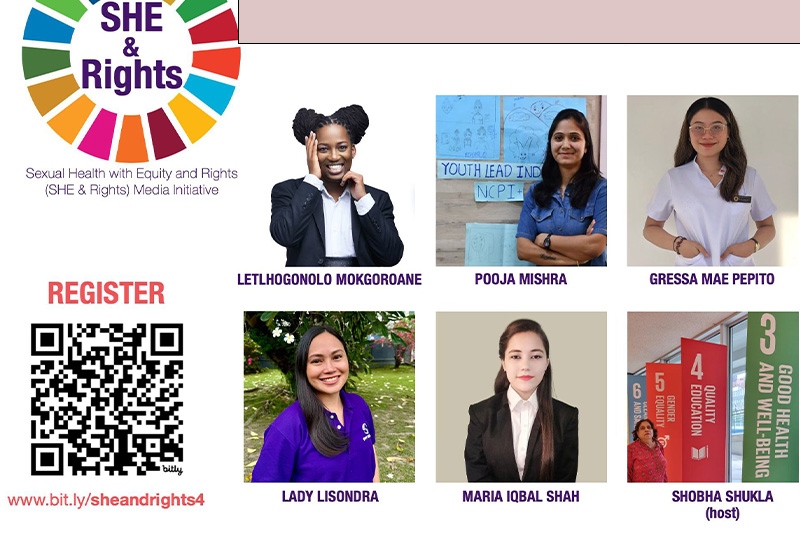
Health TV Online\Kathmandu : Not dismayed with the regressive reimposition of “global gag rule,” young people are calling to decriminalize abortion and make safe and legal abortion accessible globally to all, including the youth. Six out of 10 unplanned pregnancies end in induced abortions, and around 45% of these abortions are unsafe.
Governments of all countries worldwide will meet at the 69th session of the UN Commission on Status of Women (CSW) in March 2025 to review progress on the Beijing Declaration.
“The year 2025 marks 30 years since the Beijing Declaration and Platform for Action were signed in 1995—it highlighted the impact of unsafe abortion on women’s lives and health and the need to reduce recourse to abortion through expanded family planning services,” said Shobha Shukla, Coordinator of the SHE & Rights (Sexual Health with Equity and Rights) initiative.
“In Asia Pacific, inequality, injustice and stigma continue to pose threats to our health and wellbeing. Women and girls face challenges in education and employment—going to school and getting a job, even access to decent facilities for menstrual hygiene. A lot of girls cannot go to school because they are not even able to menstruate with dignity. 74% of countries in Asia and the Pacific region have laws and regulations that guarantee access to sexual and reproductive healthcare information and education. But these laws have been changing.”
“Governments must walk the talk on promises for gender equality and human rights—with equity and justice.”
Lady Nancy Lisondra, Youth and Advocacy Advisor at the International Planned Parenthood Federation (East and South-East Asia and Oceania Region) said, “In Asia Pacific, inequality, injustice and stigma continue to pose threats to our health and wellbeing. Women and girls face challenges in education and employment—going to school and getting a job, even access to decent facilities for menstrual hygiene. A lot of girls cannot go to school because they are not even able to menstruate with dignity. 74% of countries in Asia and the Pacific region have laws and regulations that guarantee access to sexual and reproductive healthcare information and education. But these laws have been changing.”
Six out of 10 unplanned pregnancies end in induced abortions, and around 45% of these abortions are unsafe.
In the Philippines, abortion is still restricted. It remains significant challenges in accessing SRH services, such as limited coverage in National Health Insurance, high out-of-pocket expenditure and even parental consent. “If the price of rice is the same as that of your menstrual product, it puts vulnerable girls, who are not even earning, in a dilemma. They sometimes have to deprioritize their sexual and reproductive health needs,” she added.
According to her, adolescent pregnancies have increased in South-East Asia, which continues to pose health risks to adolescent mothers, limiting their access to education and economic opportunities. Child marriage still exists in our region. “Also, a lot of young people still do not have enough access to comprehensive sexuality education. There is commitment in the countries to improve this, but efforts within countries are varied,” she said.
This SHE & Rights session was hosted by the National Coalition of People Living with HIV in India (NCPI Plus), the Global Centre for Health Diplomacy and Inclusion (CeHDI), the International Planned Parenthood Federation (IPPF), the Asian-Pacific Resource and Research Centre for Women (ARROW), the Women’s Global Network for Reproductive Rights (WGNRR), the Asia Pacific Media Alliance for Health and Development (APCAT Media), and CNS.




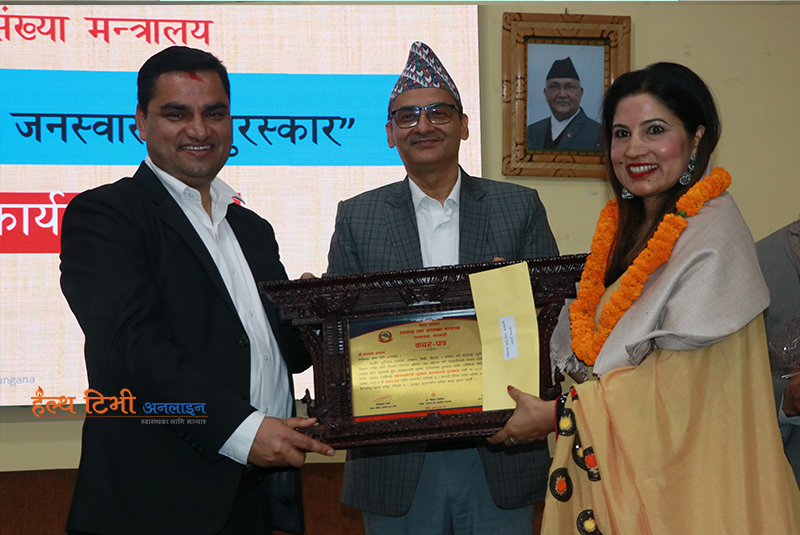

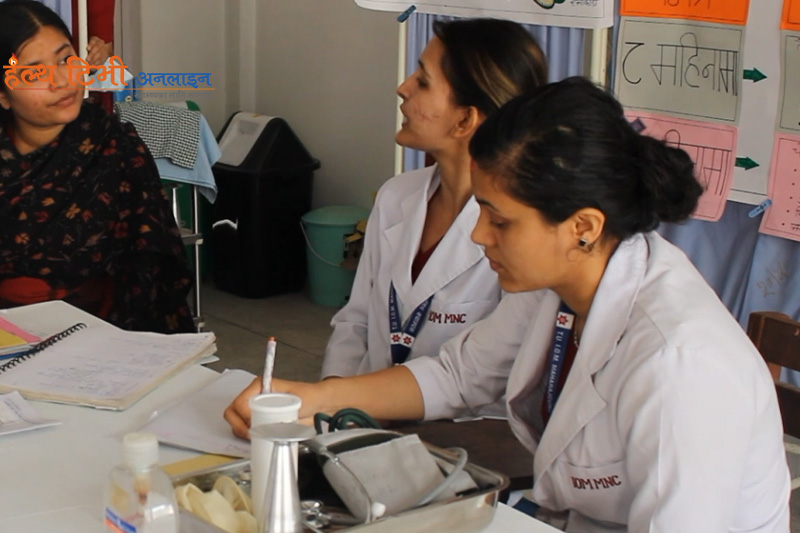
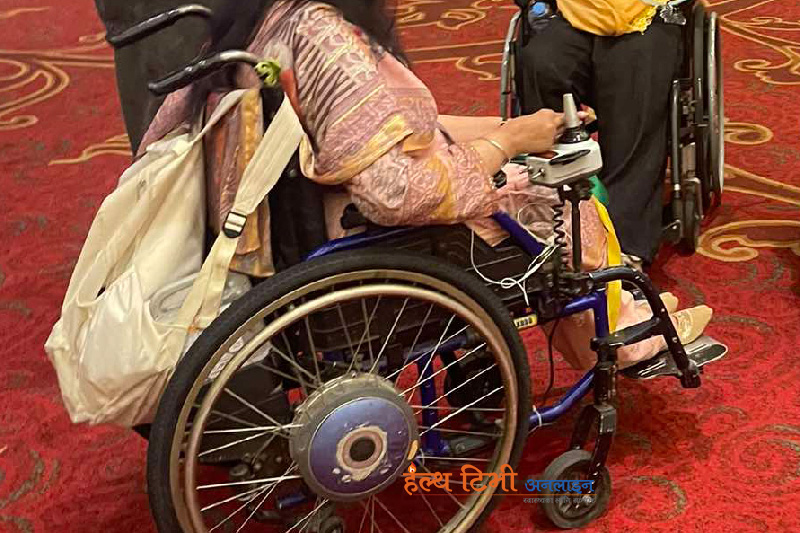

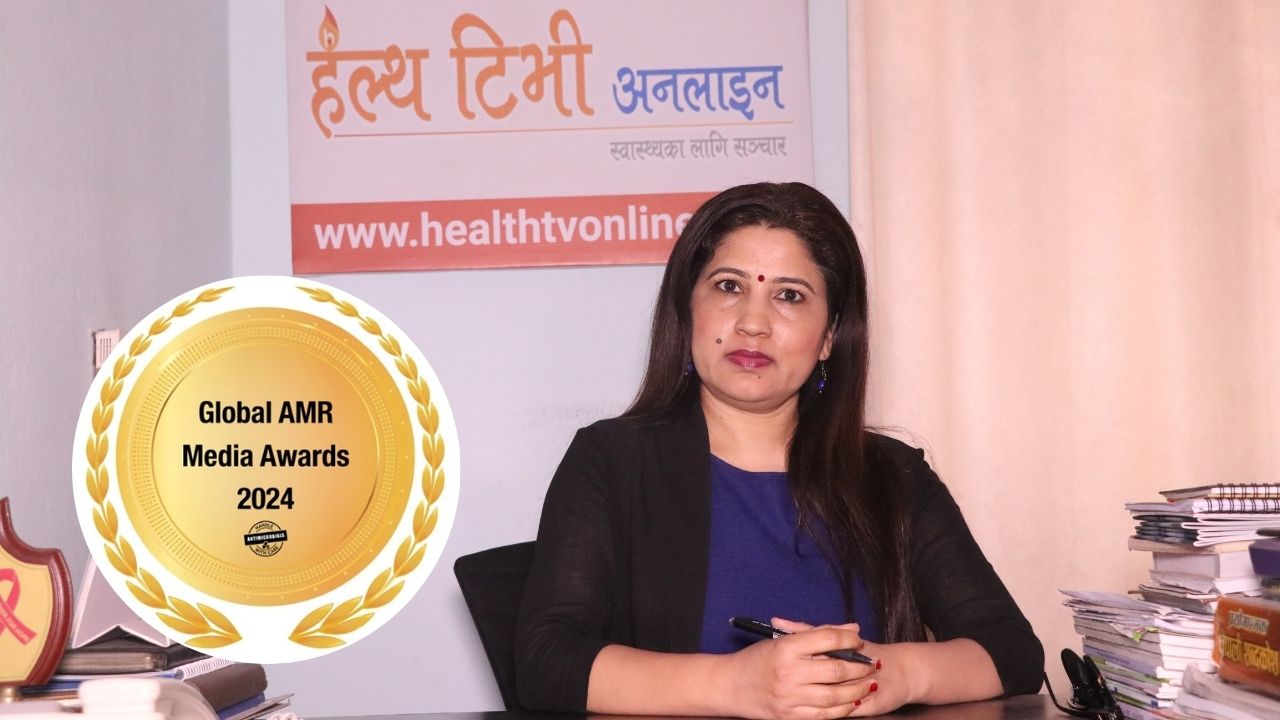
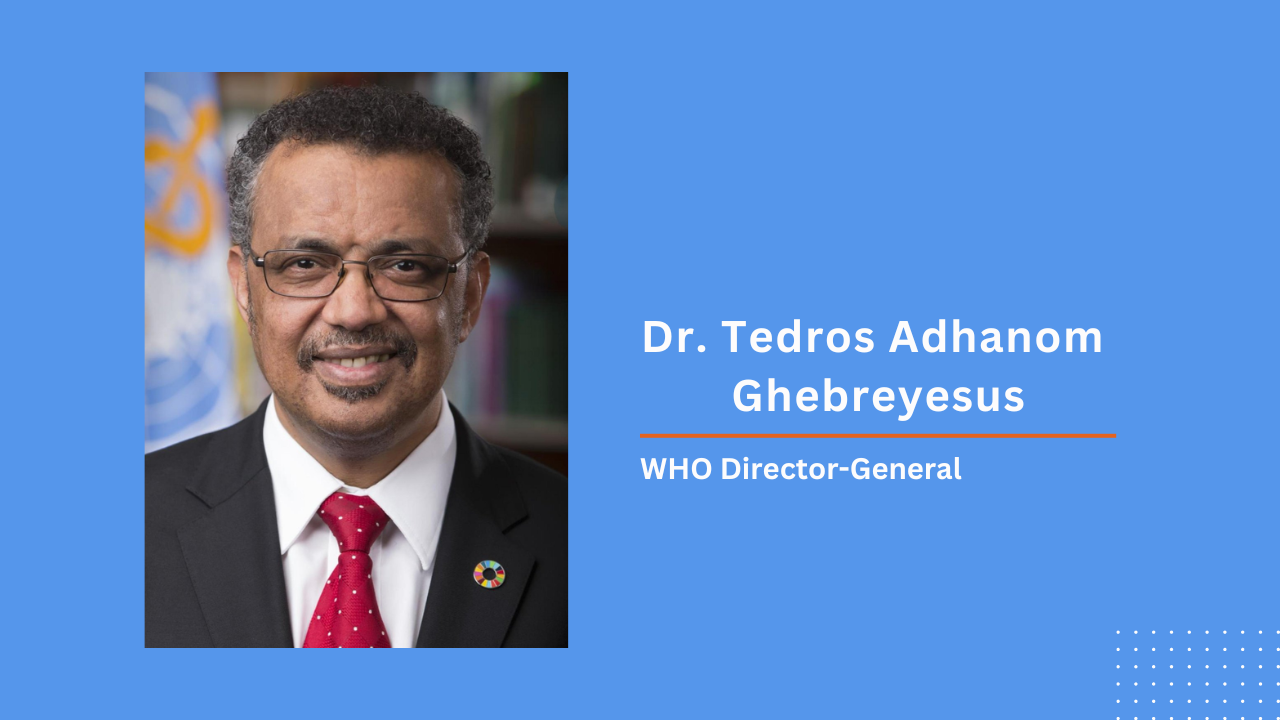
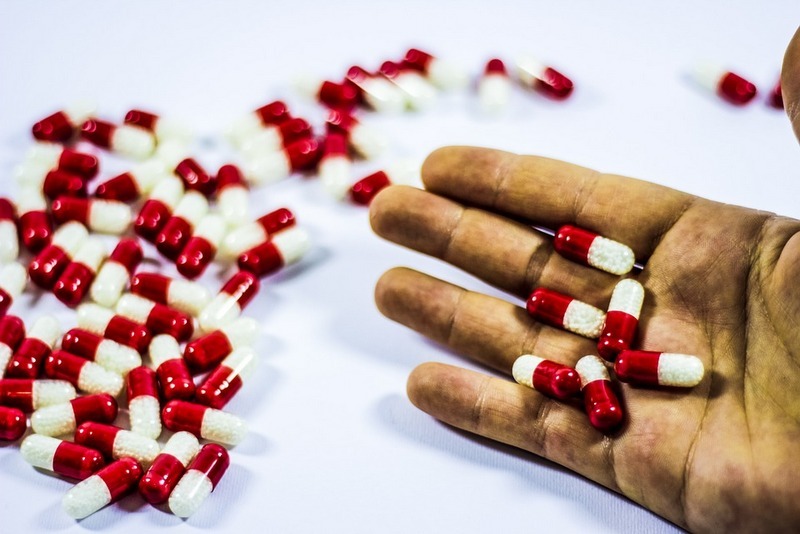
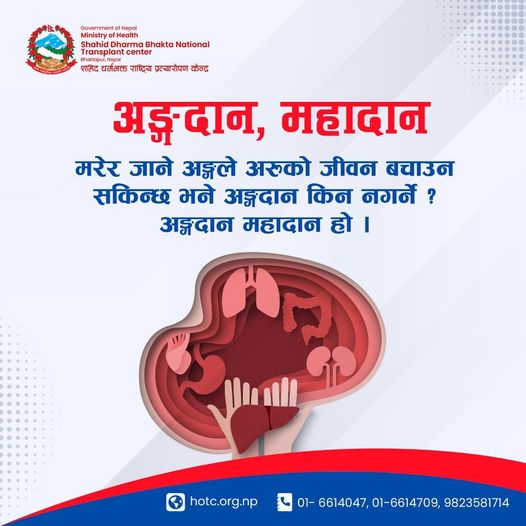
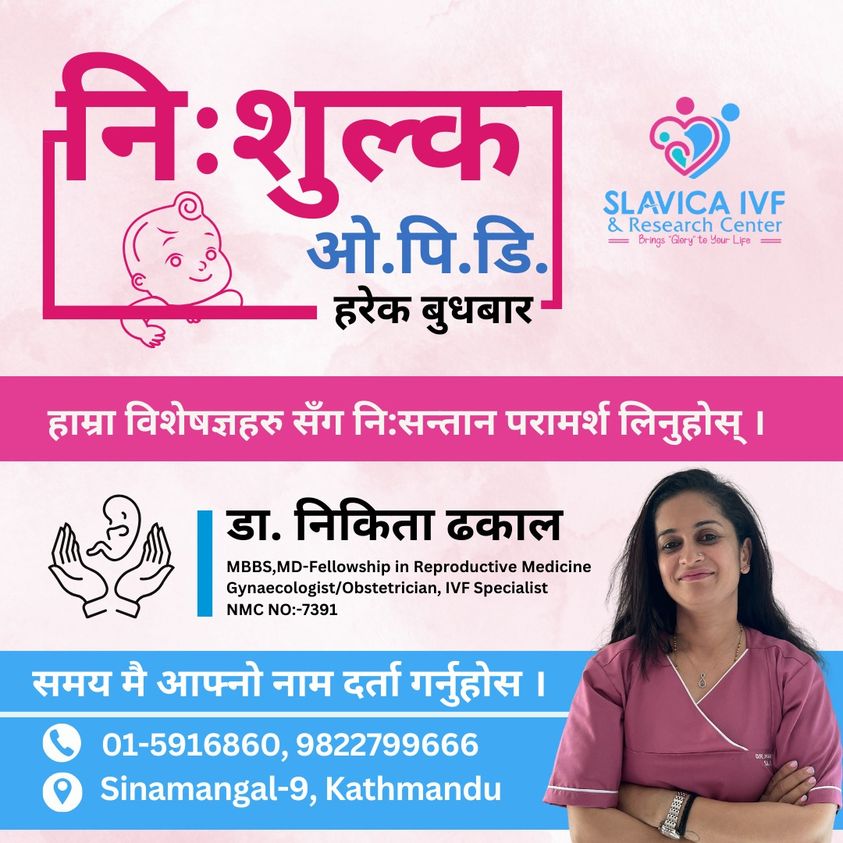
नेपाल क्यान्सर अस्पतालले मनायो आठौं वार्षिकोत्सव
डेंगुबाट बच्न अपनाउनुस् यी उपाय
सुर्तीजन्य पदार्थ छोड्न चाहनुहुन्छ ? ११३२ मा कल गर्नुस्
Editor Acharya wins dual awards for media advocacy in public health and gender rights
नि:शुल्क स्वास्थ्य शिविर तथा रक्तदान कार्यक्रम सम्पन्न